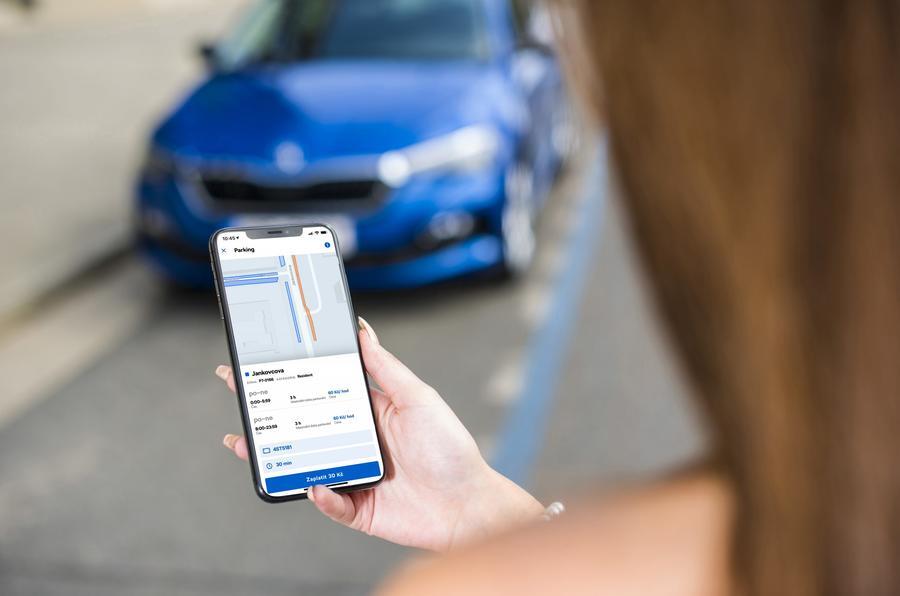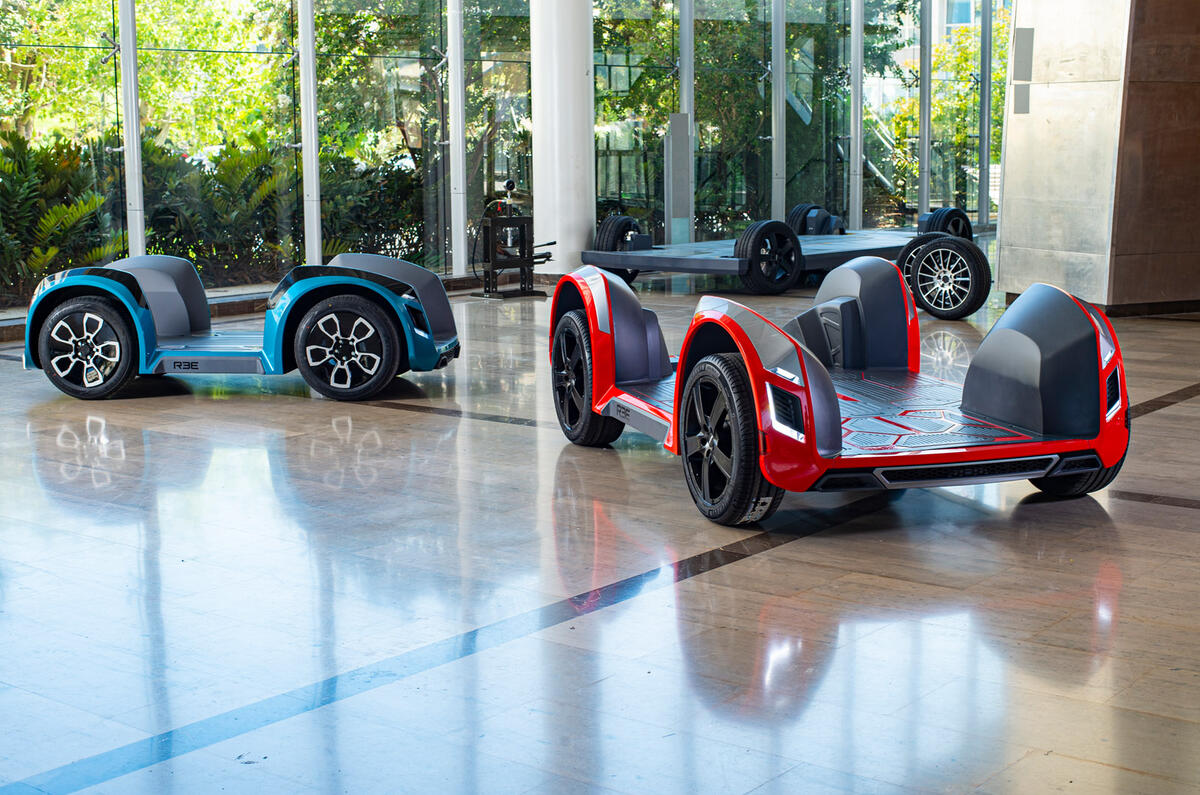In many ways, there couldn’t be a better time for automotive start-ups.
Many of the old ways of working and thinking just won’t apply or be relevant any more. Companies will need to be leaner and cleaner. Supply chains will need to be more localised and anything that can be moved online must be. The automotive industry will be well placed to work in this new world, too – and if the established players are unwilling to change, plenty of new names will be there to seize the opportunities.
Few industries are as creative and as innovative as the automotive one, whether it’s responding to seemingly impossible targets from legislators or meeting the demands of customers. When you consider how complex a car is, with so many parts and systems reliant on one another, it’s amazing that they are as reliable as they are and not more expensive. Cars remain one of the engineering wonders of our time, yet their complexity still allows many areas to be explored for improvement.
The industry has received more new players in recent years than since the era before the First World War, thanks to the switch to electrification. That covers everyone from Tesla to companies that make tiny computer chips.
As we’ve learned, the current crisis will only accelerate the switch to digital and electrification, with any incentives launched to get new car sales moving again likely to be linked to electric cars only. Legislators and the industry will view it as a chance to hit the reset button, but they alone won’t have all the ideas.
“Start-ups mean innovation,” says Felipe Muñoz, Jato Dynamics’ global analyst, “and in my opinion, innovation is what makes the difference between those who survive and don’t during the crisis. The motor industry has been working in the same way for more than 100 years. This is probably the best opportunity to change, and people and ideas from outside the industry can be a turning point.”











Add your comment